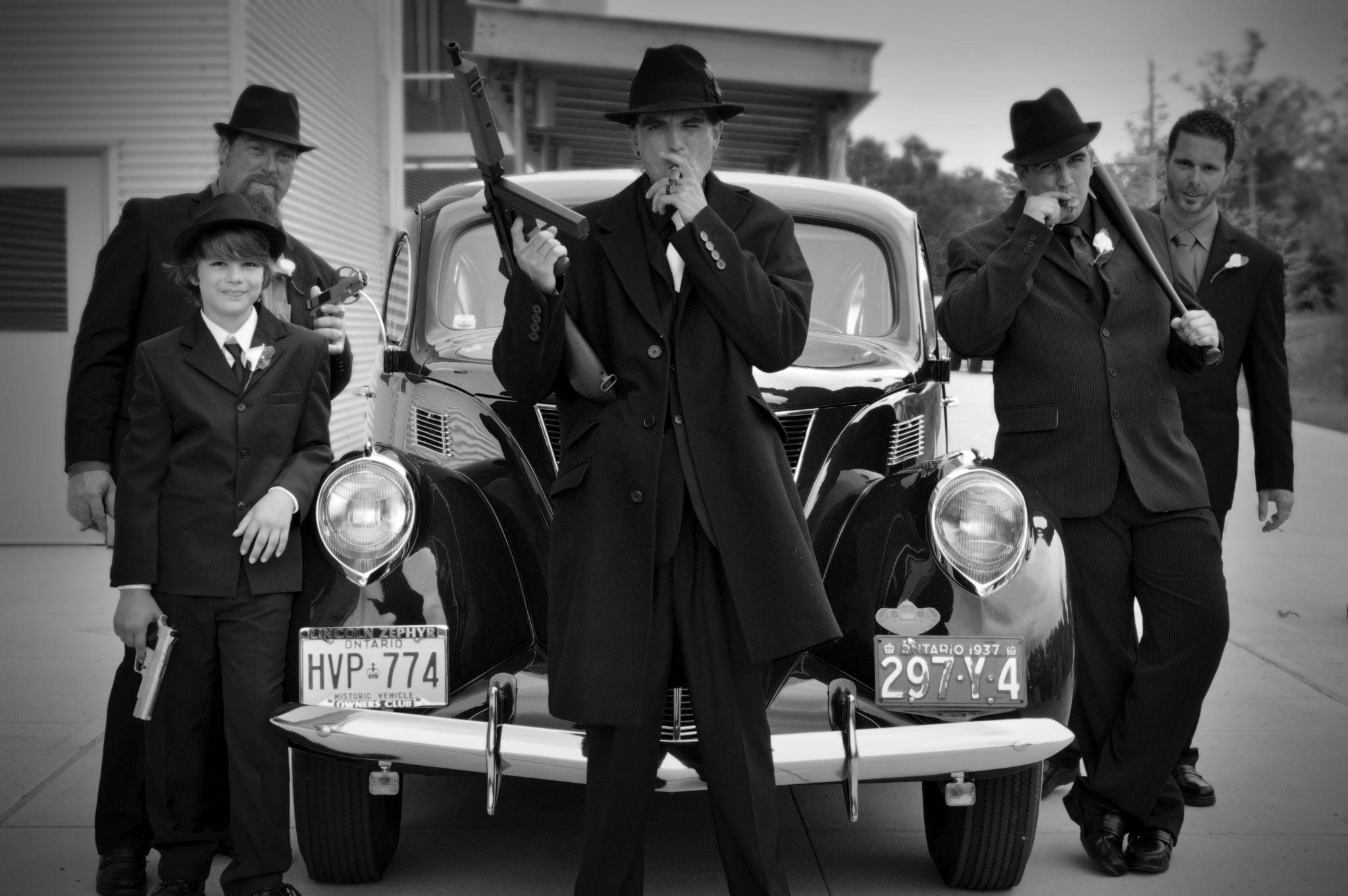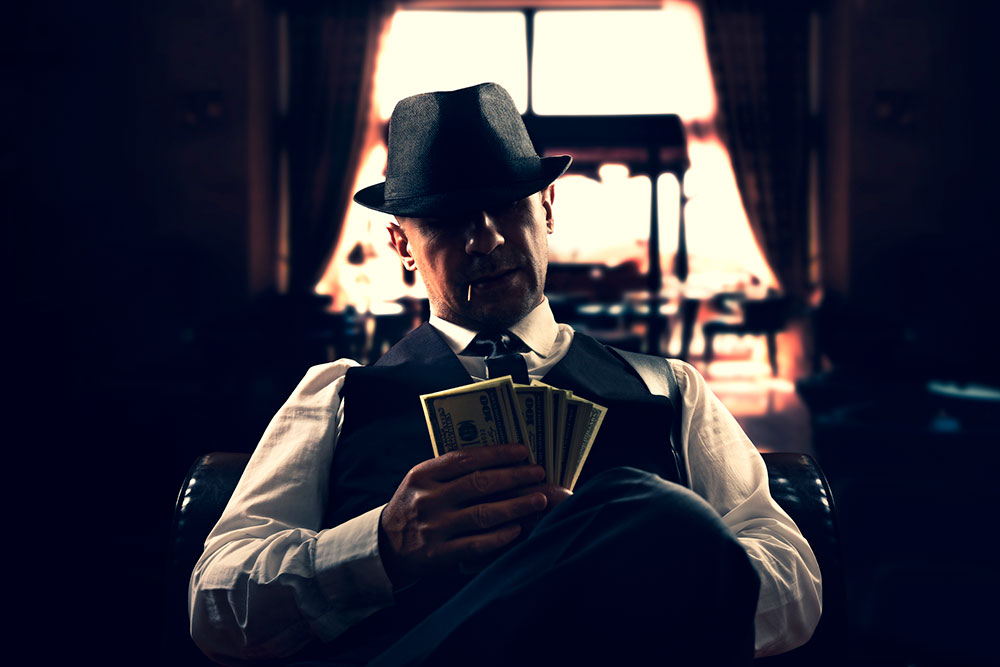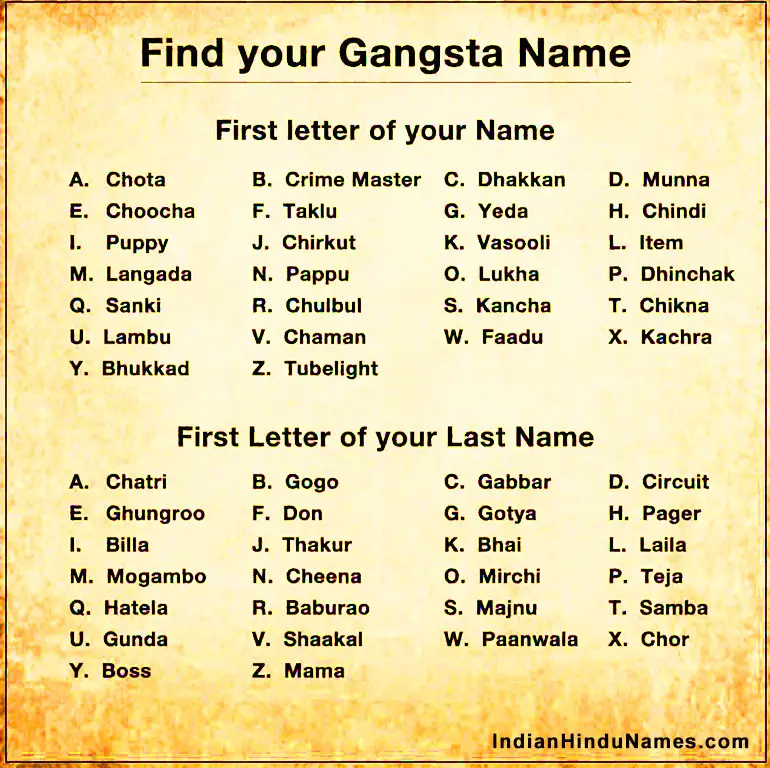Hey there, crime buffs and history enthusiasts! If you've ever been fascinated by the world of organized crime, then you're in for a wild ride. The term "gangster" evokes images of power, danger, and intrigue—and trust me, it's not just Hollywood drama. In this article, we’re diving deep into the top 10 gangster in the world, exploring their rise, fall, and the lasting impact they've had on the global underworld. So, grab your favorite drink, sit back, and let’s uncover the stories of these infamous figures.
Now, before we dive in, let’s set the stage. The world of gangsters is not just about guns and money—it’s about strategy, loyalty, and sometimes even betrayal. These individuals have carved out empires in the shadows, shaping entire cities and nations with their influence. Whether it's drug cartels, mafia families, or street gangs, the impact of these criminals is undeniable. So, why are we talking about them? Because understanding their stories gives us a glimpse into the darker side of human ambition.
But here's the deal: this isn't just a list of bad guys. This is a journey into the minds of some of the most ruthless and cunning individuals in history. We’ll explore their motivations, their methods, and the consequences of their actions. So, buckle up—it’s going to be a bumpy ride!
Read also:Kate Hudson Celebrates Son Ryders Sweet 16 With A Heartwarming Throwback Video
Table of Contents
- Biography of Gangsters
- Al Capone: The Godfather of Chicago
- Pablo Escobar: The King of Cocaine
- John Gotti: The Teflon Don
- Charles "Lucky" Luciano: The Father of Modern Organized Crime
- Meyer Lansky: The Brain
- Myths and Realities of Gangsters
- Global Impact of Gangsters
- Modern Gangsters: The New Faces of Crime
- Conclusion: Lessons from the Shadows
Biography of Gangsters
Who Are These Gangsters?
Before we dive into the list, let’s take a moment to understand what makes a gangster. Gangsters are individuals who rise to prominence through organized crime. They operate in secret networks, often controlling entire cities or regions. But what sets them apart? It’s not just about the money—it’s about the power, the influence, and the legacy they leave behind.
Here’s a quick snapshot of some of the most infamous gangsters in history:
| Name | Alias | Nationality | Known For |
|---|---|---|---|
| Al Capone | Scarface | American | Running Chicago's crime syndicate |
| Pablo Escobar | The Kingpin | Colombian | Building the Medellín Cartel |
| John Gotti | Teflon Don | American | Leading the Gambino crime family |
| Charles "Lucky" Luciano | - | American | Reorganizing the American Mafia |
| Meyer Lansky | The Brain | American | Mastermind behind mafia finances |
Al Capone: The Godfather of Chicago
First up, we’ve got Al Capone, also known as Scarface. This guy was the poster child for organized crime in the early 20th century. Born in Brooklyn, Capone moved to Chicago and quickly rose through the ranks of the underworld. By the 1920s, he was running one of the most powerful crime syndicates in the country, controlling everything from bootlegging to prostitution.
But what made Capone so iconic? It wasn’t just his ruthless tactics—it was his ability to charm the public. He donated to charities, threw lavish parties, and even ran soup kitchens during the Great Depression. People loved him, even as he terrorized the streets of Chicago. Of course, his reign came to an end when the feds finally caught up with him for tax evasion. But his legacy lives on, and he remains one of the most famous gangsters in history.
Pablo Escobar: The King of Cocaine
Next on our list is Pablo Escobar, the notorious head of the Medellín Cartel. This Colombian drug lord was responsible for flooding the world with cocaine in the 1980s. At the height of his power, Escobar was bringing in over $420 million a week. That’s right—per week! He became one of the richest men in the world, but his wealth came at a steep price.
Escobar’s reign was marked by violence, corruption, and political assassinations. He bribed officials, intimidated judges, and even built his own private zoo. But his empire crumbled when the Colombian government, with help from the DEA, finally took him down. Escobar’s story is a cautionary tale about the dangers of unchecked power and greed.
Read also:Curtis Stone On Fatherhood Family And Finding Joy In The Kitchen
Key Facts About Pablo Escobar
- Born in 1949 in Medellín, Colombia
- Estimated net worth of $30 billion at his peak
- Killed in a shootout with police in 1993
John Gotti: The Teflon Don
Now, let’s talk about John Gotti, the Teflon Don. This guy was the boss of the Gambino crime family in New York City during the 1980s and 1990s. Gotti was known for his flashy lifestyle, often seen strolling through Little Italy in designer suits and expensive jewelry. He became a media sensation, even earning the nickname “Teflon Don” because he seemed untouchable by the law.
But Gotti’s luck eventually ran out. In 1992, he was convicted of racketeering and murder, thanks in part to testimony from his own underboss, Sammy “The Bull” Gravano. Gotti spent the rest of his life in prison, dying of throat cancer in 2002. Despite his criminal activities, Gotti remains a polarizing figure in American history.
Charles "Lucky" Luciano: The Father of Modern Organized Crime
If there’s one person who deserves credit for modern organized crime, it’s Charles “Lucky” Luciano. This Italian-American mobster revolutionized the way the mafia operated in the United States. Luciano introduced a corporate structure to the mob, dividing power among the Five Families in New York City.
His influence extended far beyond the streets of New York. Luciano was involved in everything from drug trafficking to labor unions. But his life wasn’t without its challenges. In 1936, he was convicted of running a prostitution ring and sentenced to 30 years in prison. However, during World War II, he struck a deal with the U.S. government, helping to protect the New York waterfront in exchange for a reduced sentence.
Meyer Lansky: The Brain
Meyer Lansky, known as “The Brain,” was the financial genius behind many of the mafia’s operations. This Russian-born immigrant was a close associate of Lucky Luciano and helped build the mafia’s financial empire. Lansky’s expertise in money laundering and casino operations made him one of the most powerful figures in the underworld.
Despite his wealth and influence, Lansky managed to avoid prosecution for most of his life. He died in 1983, leaving behind a legacy of cunning and strategy. His story is a testament to the power of intelligence and planning in the world of organized crime.
Myths and Realities of Gangsters
When it comes to gangsters, there’s a lot of hype and myth surrounding their lives. Movies and TV shows have romanticized their stories, painting them as larger-than-life figures. But the reality is often much darker. Gangsters are not heroes—they are criminals who have caused immense harm to society.
That said, there’s no denying their impact. They’ve shaped the world in ways both positive and negative. For example, many gangsters have contributed to charitable causes, even as they engaged in illegal activities. It’s a complex legacy that continues to fascinate us to this day.
Global Impact of Gangsters
The influence of gangsters extends far beyond their own countries. From the Sicilian mafia to the Japanese yakuza, organized crime has left its mark on every corner of the globe. These groups have shaped politics, economics, and even culture in profound ways.
For example, the Medellín Cartel’s influence on Colombia’s drug trade has had lasting effects on the country’s economy and political landscape. Similarly, the Italian mafia’s control over labor unions in the United States has had long-term consequences for workers’ rights. Understanding the global impact of gangsters is essential for addressing the root causes of organized crime.
Modern Gangsters: The New Faces of Crime
While the days of Al Capone and Lucky Luciano may be behind us, the world of organized crime is far from over. Today’s gangsters operate in a digital age, using technology to expand their reach and evade law enforcement. From cybercrime to human trafficking, the methods of modern gangsters are more sophisticated than ever.
But here’s the good news: law enforcement agencies around the world are stepping up their game. International cooperation, advanced technology, and community engagement are all part of the fight against organized crime. It’s a battle that’s far from over, but one that’s worth fighting.
Conclusion: Lessons from the Shadows
So, there you have it—the top 10 gangster in the world and their impact on history. From Al Capone to Pablo Escobar, these figures have left an indelible mark on the world. But what can we learn from their stories? First and foremost, the dangers of unchecked power and greed. These men rose to prominence by exploiting others, but their empires ultimately crumbled under the weight of their own actions.
As we look to the future, it’s important to remember the lessons of the past. Organized crime is a complex issue that requires a multifaceted approach. By understanding the motivations and methods of gangsters, we can work toward a safer, more just society.
So, what do you think? Are gangsters fascinating or frightening? Let us know in the comments below, and don’t forget to share this article with your friends. Together, we can keep the conversation going and shed light on the shadows of organized crime.


